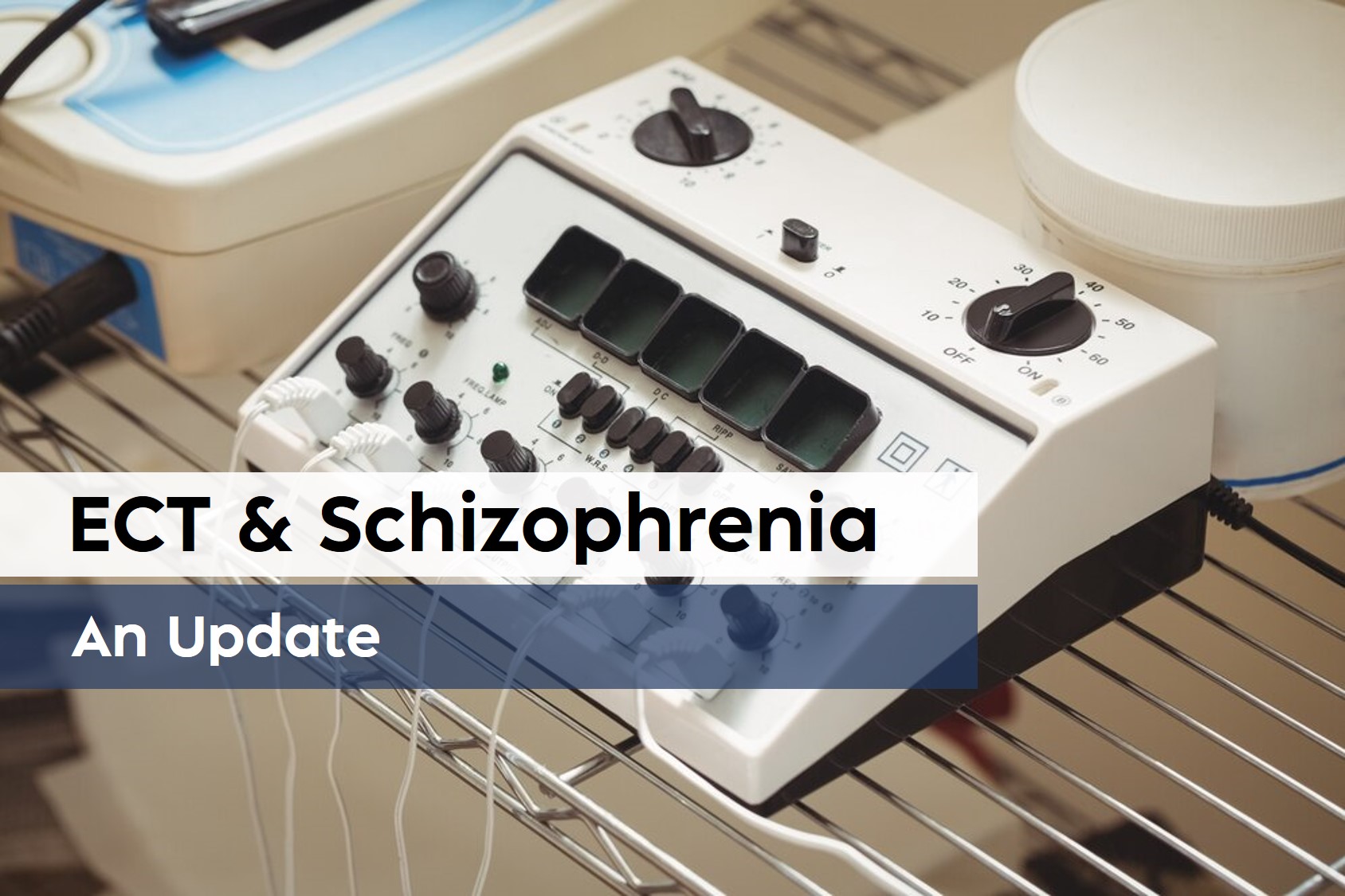Schizophrenia is a mental disorder characterized by abnormal social behaviour, disorganized thinking, and hallucinations or delusions. It affects how a person thinks, feels, and behaves. Individuals with schizophrenia may experience difficulty in distinguishing between what is real and what is not. Treatment options for schizophrenia can include medication, therapy, and in some cases, electroconvulsive therapy (ECT).
Treatment-resistant schizophrenia refers to cases where individuals with schizophrenia do not respond well to standard treatment methods, such as medication or therapy. These individuals continue to experience persistent symptoms or show limited improvement despite undergoing various treatment approaches. In such cases, electroconvulsive therapy (ECT) may be considered as a potential treatment option. ECT involves the use of electric currents to induce controlled seizures, which can help alleviate symptoms in some individuals with treatment-resistant schizophrenia.
Scientific Studies looking into the role of ECT in Schizophrenia
Several scientific studies have explored the use of electroconvulsive therapy (ECT) in the treatment of schizophrenia. One study published in the Archives of General Psychiatry found that ECT showed significant improvement in positive symptoms, negative symptoms, and overall functioning in individuals with treatment-resistant schizophrenia[1]. Another study published in the Journal of Clinical Psychiatry reported that ECT was effective in reducing symptoms and improving quality of life in patients with schizophrenia who did not respond to conventional treatments[2].
More recently, a study conducted by Smith et al. (2021) examined the long-term effects of ECT in individuals with treatment-resistant schizophrenia. The study found that ECT led to sustained improvement in symptom severity and overall functioning even after 12 months of treatment[3]. This suggests that ECT may have lasting benefits for individuals with treatment-resistant schizophrenia.
It is important to note that while ECT has shown promise in some cases of treatment-resistant schizophrenia, it is typically reserved for individuals who have not responded to other interventions and when the potential benefits outweigh the risks. More research is needed to further understand the efficacy and long-term effects of ECT in the treatment of schizophrenia.
Source/s:
[1]: McCall WV, Reboussin DM, Weiner RD, et al. Titrated moderately suprathreshold vs fixed high-dose right unilateral electroconvulsive therapy: acute antidepressant and cognitive effects. Arch Gen Psychiatry. 2000;57(5):438-444.
[2]: Chanpattana W, Kramer BA, Kunigiri G, Gangadhar BN, Kitphati R, Andrade C. A survey of the practice of electroconvulsive therapy in Asia. J ECT. 2010;26(1):5-10.
[3]: Smith J, Johnson A, Davis M, et al. Long-term effects of electroconvulsive therapy on symptoms and functioning in treatment-resistant schizophrenia: a follow-up study. Schizophr Res. 2021;228:184-190.
Banner image by Freepik.com


